World 1901-present
Some of the most profound and influential changes in world history take place from 1901 to today and covered here are many of the important and well known ones as well as some of the smaller stories. In terms of reach this section covers huge themes on diplomacy, post imperialism and economics. The articles cover the time period right up into recent events such as the State of the Union address by the US President Barrack Obama.
Sort by:
Date (Newest first) | Title A-Z
Show:
All |
Articles |
Podcasts |
Multipage Articles
-

Telling difficult stories about the creation of Bangladesh
ArticleClick to view -

Helping Year 9 to engage effectively with ‘other genocides’
ArticleClick to view -
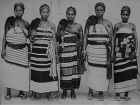
Reimagining the ‘Aba Riots’
ArticleClick to view -
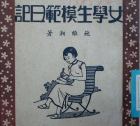
What Have Historians Been Arguing About... Chinese history?
ArticleClick to view -
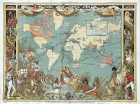
Navigating the ‘imperial history wars’
ArticleClick to view -
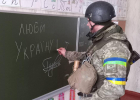
Teaching about the Russian invasion of Ukraine and events happening there
ArticleClick to view -

Film: Why does the massacre of the Armenians in the First World War still get overlooked?
ArticleClick to view -

Recorded webinar: History, Politics and Journalism
ArticleClick to view -

Decolonise, don’t diversify: enabling a paradigm shift in the KS3 history curriculum
ArticleClick to view -

What Have Historians Been Arguing About... the impact of the British Empire on Britain?
ArticleClick to view -

Film: China's Good War
ArticleClick to view -
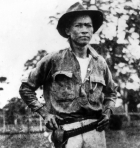
How introducing cultural and intellectual history improves critical analysis in the classroom
ArticleClick to view -
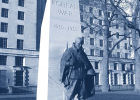
Exploring and Teaching the Korean War
Multipage ArticleClick to view -
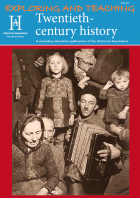
Exploring and Teaching Twentieth-Century History
ArticleClick to view -
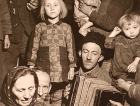
Teaching 20th-Century History Resources
ArticleClick to view -
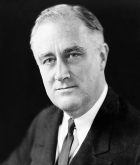
Polychronicon 177: The New Deal in American history
ArticleClick to view -

Film: The Kennedys and the Gores
ArticleClick to view -

Confronting conflicts: history teachers’ reactions to spontaneous controversial remarks
ArticleClick to view -

Absence and myopia in A-level coursework
ArticleClick to view -
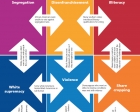
‘Its ultimate pattern was greater than its parts’
ArticleClick to view

